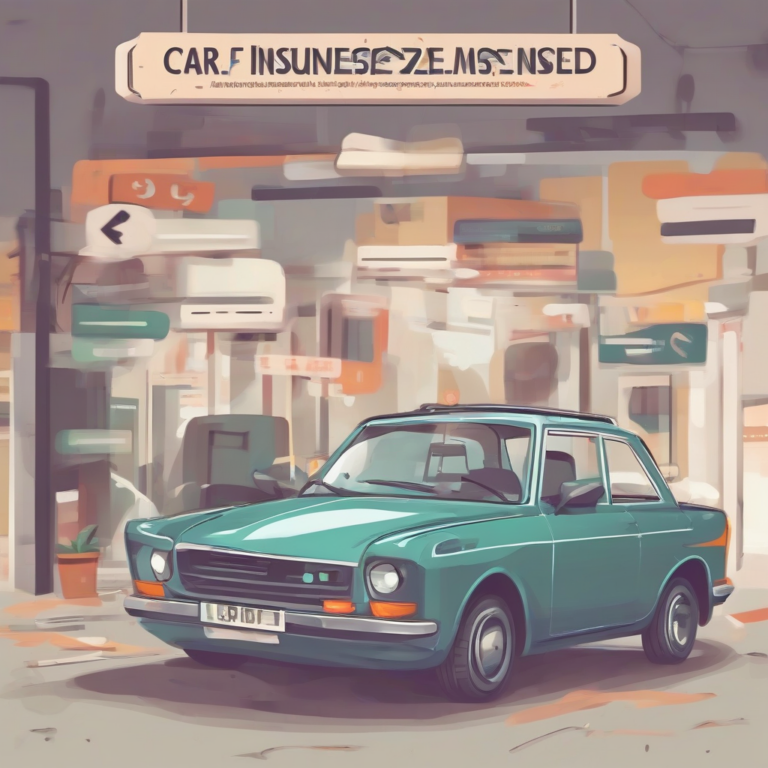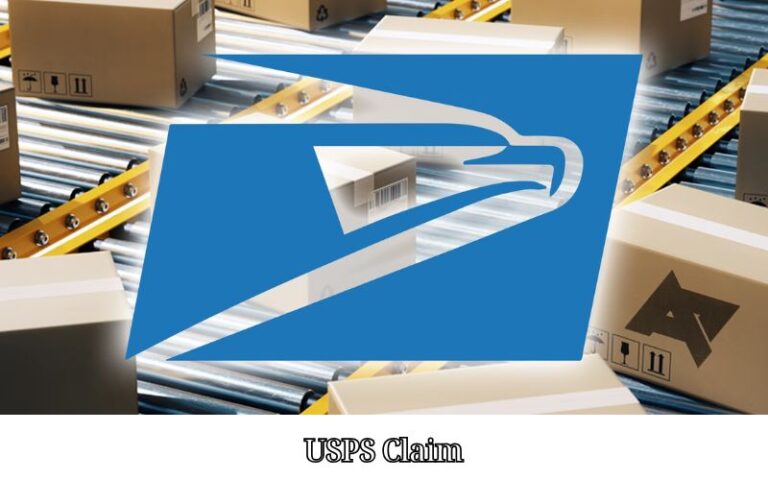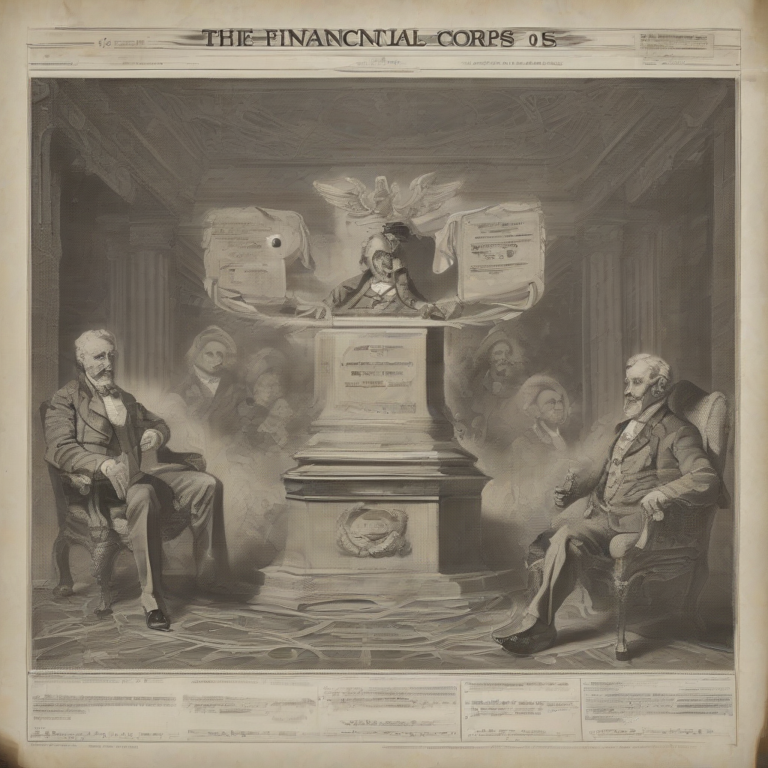
Navigating the Complex World of Truck Commercial Insurance: A Comprehensive Guide
Operating a commercial truck involves significant risks, demanding comprehensive insurance coverage beyond what standard auto insurance offers. This guide delves into the intricacies of truck commercial insurance, providing a detailed understanding of its various aspects, helping you navigate the complexities and secure the right protection for your business.
Understanding the Need for Specialized Truck Insurance
Unlike personal vehicles, commercial trucks are used for business purposes, carrying goods or providing services. This inherently increases the risk of accidents, injuries, and property damage. Standard auto insurance policies are insufficient for these elevated risks, failing to cover the specific liabilities and damages associated with commercial trucking operations. Commercial truck insurance is designed to address these unique challenges, providing broader coverage and higher liability limits.
- Higher Liability Limits: Commercial trucking accidents often result in significant property damage and serious injuries, leading to substantial legal and medical expenses. Commercial truck insurance offers significantly higher liability limits compared to personal auto insurance, mitigating potential financial ruin.
- Cargo Coverage: If your business transports goods, cargo insurance protects against loss or damage to the merchandise being hauled. This is crucial for maintaining profitability and meeting contractual obligations.
- Specialized Coverage Options: Commercial truck insurance includes specialized coverages not found in standard policies, such as non-trucking liability (for when the truck isn’t working), bobtail insurance (covering the truck while it’s not attached to a trailer), and physical damage coverage for expensive truck components.
- Compliance with Regulations: Many jurisdictions mandate minimum insurance coverage levels for commercial trucks. Failing to meet these requirements can lead to hefty fines and operational shutdowns.
Types of Truck Commercial Insurance
Several types of commercial truck insurance policies exist, each designed to cover specific risks:
- Motor Truck Cargo Insurance: Protects against loss or damage to goods being transported. This coverage can be tailored to specific cargo types and values.
- Bobtail Insurance: Covers liability and damage to the truck when it’s not connected to a trailer. This is essential for situations where the driver is operating the truck independently, such as during repositioning or maintenance.
- Non-Trucking Liability Insurance: Protects against liability claims when the truck is not engaged in commercial operations. This is crucial if the truck is driven for personal use or by a company that leases it out.
- General Liability Insurance: This protects against non-vehicular accidents or injuries that occur at a business location related to trucking operations.
- Physical Damage Insurance: This covers damage to the truck itself due to accidents, fire, theft, or vandalism. Comprehensive coverage includes damages from other perils.
- Umbrella Liability Insurance: Provides additional liability protection above the limits of your underlying policies. This adds an extra layer of security against catastrophic losses.
Factors Affecting Truck Insurance Premiums
Several factors influence the cost of commercial truck insurance:
- Type of Truck: Larger, heavier trucks are generally more expensive to insure due to the increased risk of accidents and damage.
- Driver Experience: Experienced drivers with clean driving records typically receive lower premiums.
- Driving History: Accidents and traffic violations significantly increase insurance costs.
- Type of Cargo: The type of cargo being transported influences premiums. Hazardous materials, for example, carry higher risk and cost more to insure.
- Annual Mileage: Trucks that travel greater distances annually are exposed to higher risks and therefore command higher premiums.
- Safety Features: Trucks equipped with advanced safety features, such as electronic stability control (ESC) and anti-lock brakes (ABS), may qualify for discounts.
- Location: Premiums can vary depending on the location of operation, with areas experiencing higher accident rates resulting in higher costs.
- Insurance History: A history of claims can increase premiums significantly.
Obtaining the Right Truck Commercial Insurance
Finding the right commercial truck insurance requires careful planning and comparison shopping.
- Assess Your Needs: Determine the specific types of coverage you need based on your business operations, the type of truck you operate, and the cargo you transport.
- Obtain Multiple Quotes: Contact multiple insurance providers to compare prices and coverage options. Don’t just focus on price; ensure the coverage adequately protects your business.
- Review Policy Details Carefully: Before committing to a policy, read the policy documents carefully to understand the coverage, exclusions, and limitations.
- Work with an Insurance Broker: An experienced insurance broker can help navigate the complexities of commercial truck insurance, providing guidance and securing the most suitable policy for your needs.
- Maintain a Clean Driving Record: A clean driving record is essential for securing lower premiums and demonstrating responsible operation.
- Implement Safety Measures: Invest in safety training for your drivers and implement safety measures to reduce accidents and improve your insurance rating.
Understanding Policy Exclusions and Limitations
It’s vital to understand what’s not covered by your truck commercial insurance policy. Common exclusions may include:
- Intentional Acts: Damage caused intentionally is generally not covered.
- Wear and Tear: Normal wear and tear on the vehicle is usually not covered.
- Mechanical Breakdown: Unless specifically included as an add-on, mechanical breakdowns are typically not covered.
- Nuclear, War, and Terrorism: These events are usually excluded from most insurance policies.
- Driving Under the Influence: Accidents caused by driving under the influence of alcohol or drugs are usually not covered.
The Importance of Regular Policy Reviews
Your insurance needs may change over time. Regularly review your policy to ensure it continues to provide adequate coverage for your operations. Factors such as changes in the type of cargo hauled, expansion of operations, or changes in driver personnel should prompt a policy review.
Claims Process
Understanding the claims process is critical. In case of an accident or incident, immediately notify your insurance provider. Follow the instructions provided by your insurer and cooperate fully with their investigation. Accurate documentation, including police reports and witness statements, is vital for a smooth claims process.
Staying Compliant with Regulations
Staying compliant with federal and state regulations regarding commercial truck insurance is crucial to avoid penalties. Understanding the minimum coverage requirements in your operating jurisdictions is paramount. Failure to comply can result in significant fines, license suspensions, and even operational shutdowns.
Choosing the Right Insurance Provider
Selecting a reputable and reliable insurance provider is critical. Look for companies with a strong track record, excellent customer service, and a history of fair claims handling. Read reviews and compare companies based on their financial stability and reputation.
Leveraging Technology for Improved Risk Management
Modern technology offers tools to enhance safety and risk management. Telematics devices, for example, can monitor driver behavior and vehicle performance, potentially leading to lower premiums. Investing in these technologies can demonstrate a commitment to safety and responsible operation.
The Future of Truck Commercial Insurance
The commercial trucking industry is constantly evolving, with technological advancements and changing regulations impacting insurance. The increasing adoption of autonomous vehicles, for example, will likely lead to changes in insurance products and pricing models. Staying informed about these developments is essential for maintaining adequate coverage.




